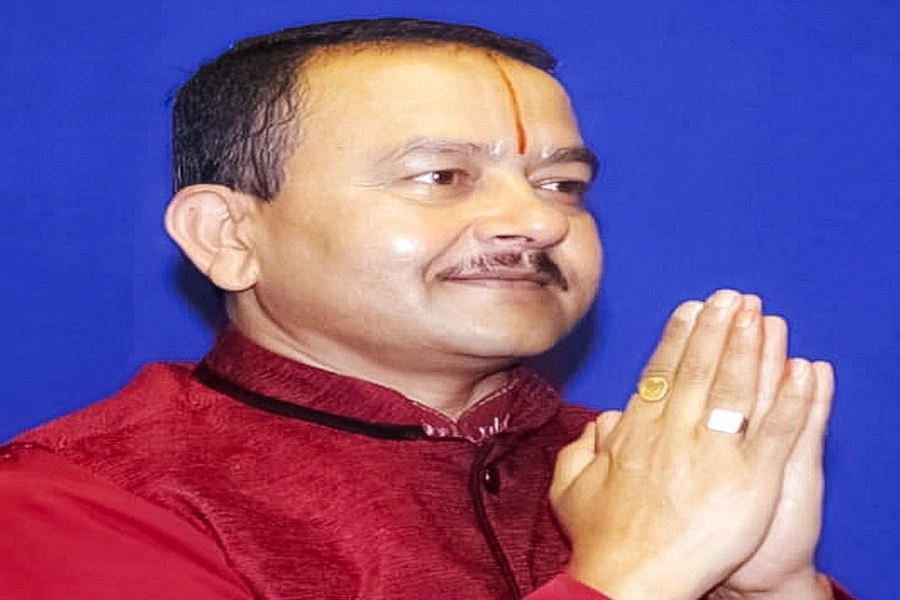Along the 1,751 km-long open border that India and Nepal share, there are some 22 specified routes for Nepal-India bilateral trade and transit. Out of these, the one route via Raxaul border in Northern Bihar is considered as Nepal’s lifeline. The two main reasons for it could be Raxaul being geographically the closest Indian town to Kathmandu, the capital of Nepal and it is also the neighbouring town of Birgunj, the commercial capital of the nation.
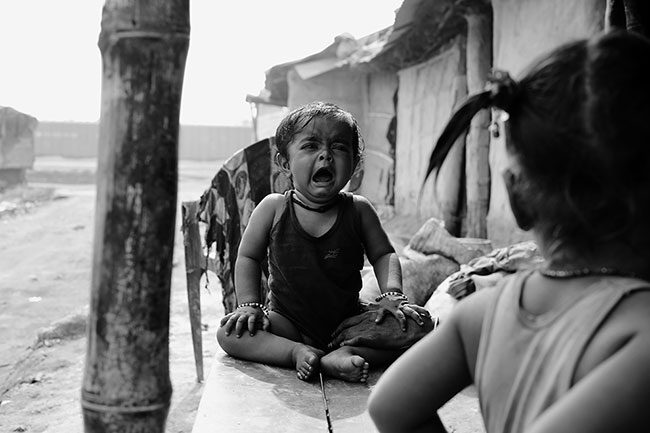 Located on the northern frontier of Bihar, about 200 kilometers from Patna, its aerial distance from Kathmandu is just around 90 kilometers. The importance of this border can be measure by the fact that the closure of no other Indo-Nepal border affects Nepal the way its closure does.
Located on the northern frontier of Bihar, about 200 kilometers from Patna, its aerial distance from Kathmandu is just around 90 kilometers. The importance of this border can be measure by the fact that the closure of no other Indo-Nepal border affects Nepal the way its closure does.
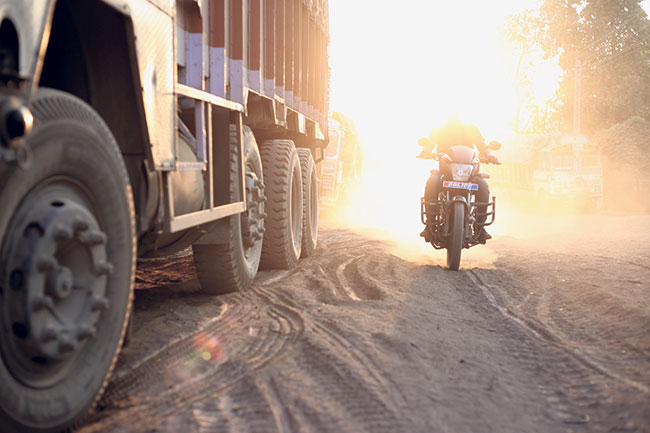
Passersby facing trouble in Raxaul border point

It is needless to say that since India shares an open border with Nepal, Raxaul is primarily known for illegal as well as unethical passage of almost all sorts of goods, including human trafficking across the border. The uninterrupted flow of illegal money attracts many to this bordertown.
The town seems to inhale greed and exhale corruption. Despite the fact that the Raxaul check post witnesses international trade of several thousand millions of rupees per day, there were no roads until very recently.
Even at present, the road that leads to Raxaul check post from Raxaul railway station is nothing but actually a pool of dust. It’s so ironical that 'Nepali Station', one of the localities in the close vicinity of Raxaul railway station incessantly offers visuals of acute poverty, almost as if redefining it. Although it’s an identical trait of the whole town, what makes this small locality more haunting is the fact that it is not even a kilometer away from the Indo-Nepal border.
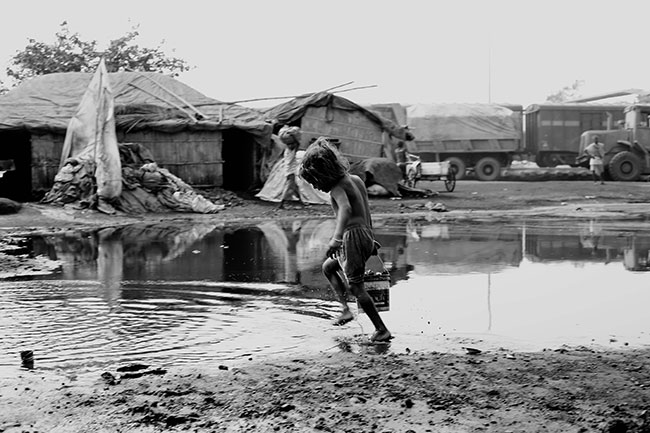 The families that live here have no access to bare minimum necessities of life, let alone the idea of a life with dignity. Little children, draped in rags and dust, can often be found along the railway trackscollecting left out coal pieces dumped by cargo trains or by trucks enroute to Nepal.
The families that live here have no access to bare minimum necessities of life, let alone the idea of a life with dignity. Little children, draped in rags and dust, can often be found along the railway trackscollecting left out coal pieces dumped by cargo trains or by trucks enroute to Nepal.
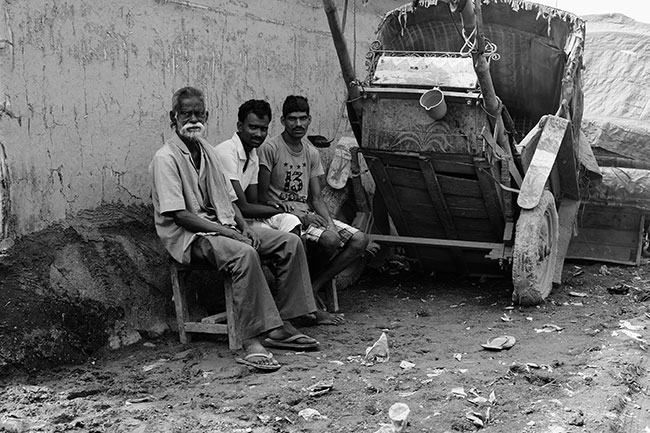
In short, the most identical traits of the locality are poor sanitation, water logging during monsoon, unhygienic lifestyle and no access to basic education or minimum health care, among others.The most worrying thing is the absence of hope. Like any of those across the globe, Raxaul just carries the true spirit of a bordertown: a place to make money, but not to settle down.





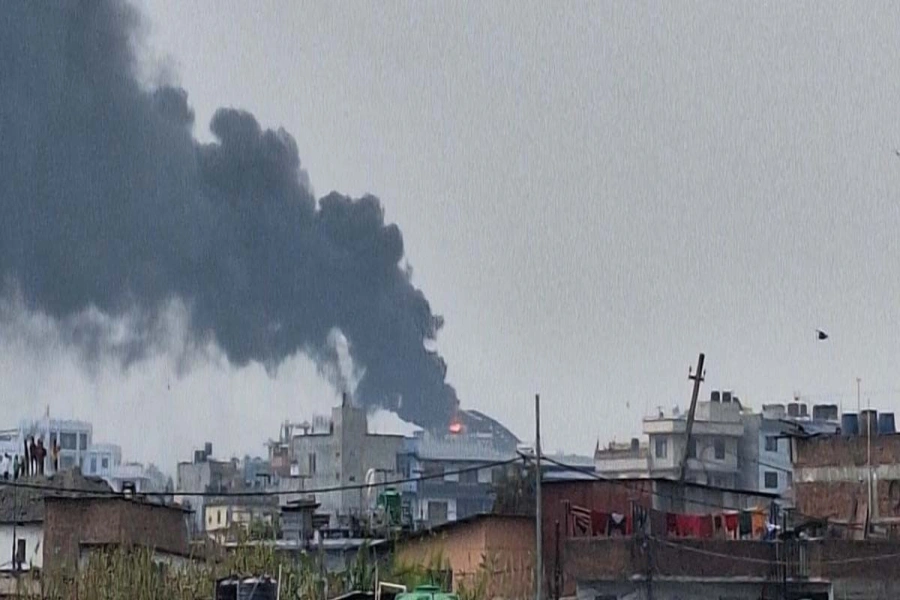
-1200x560-1772467693.webp)




















